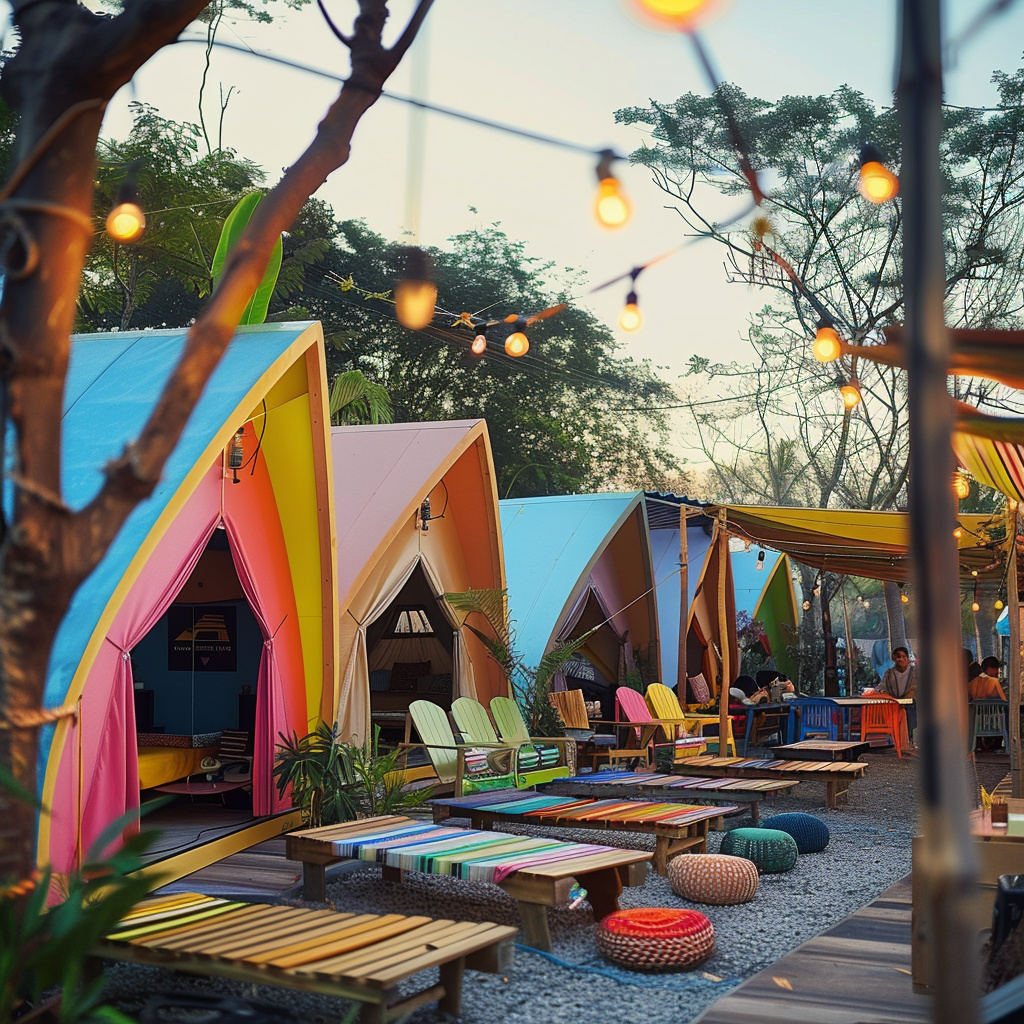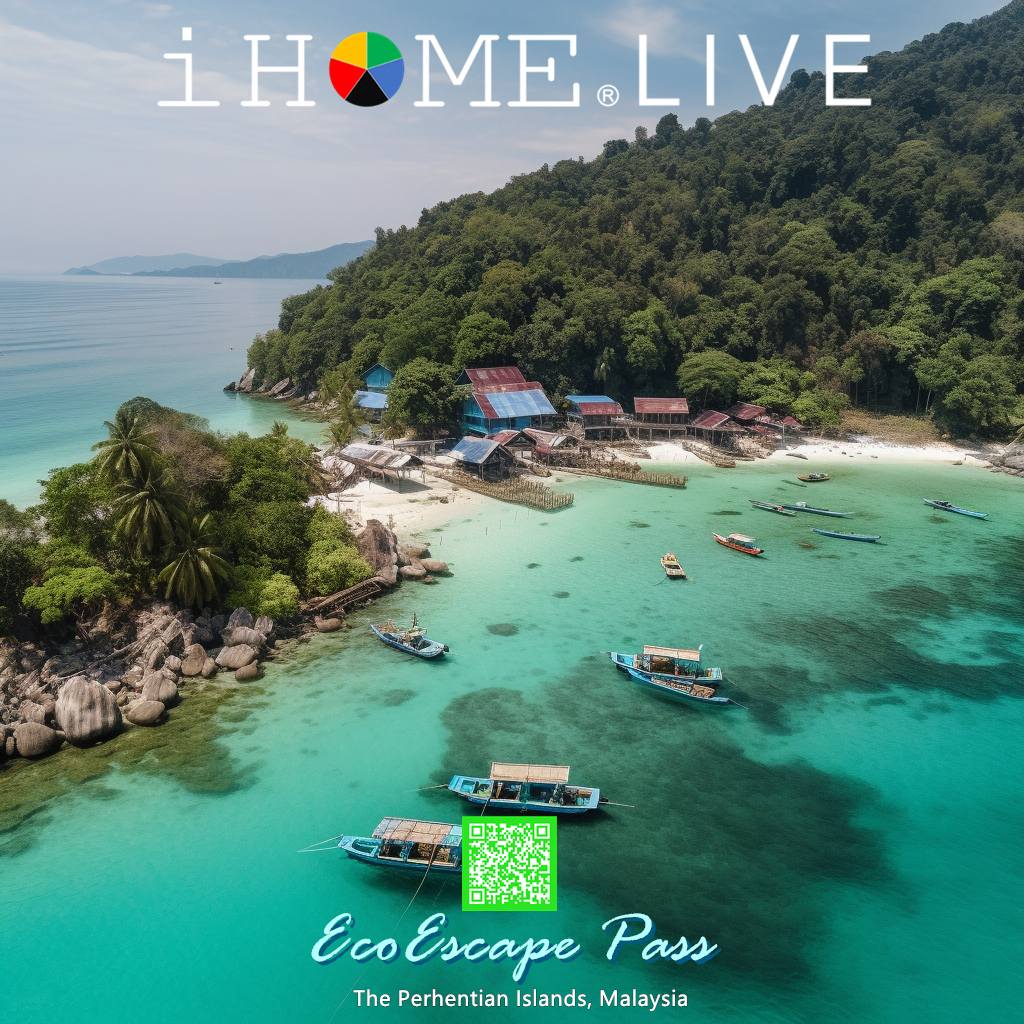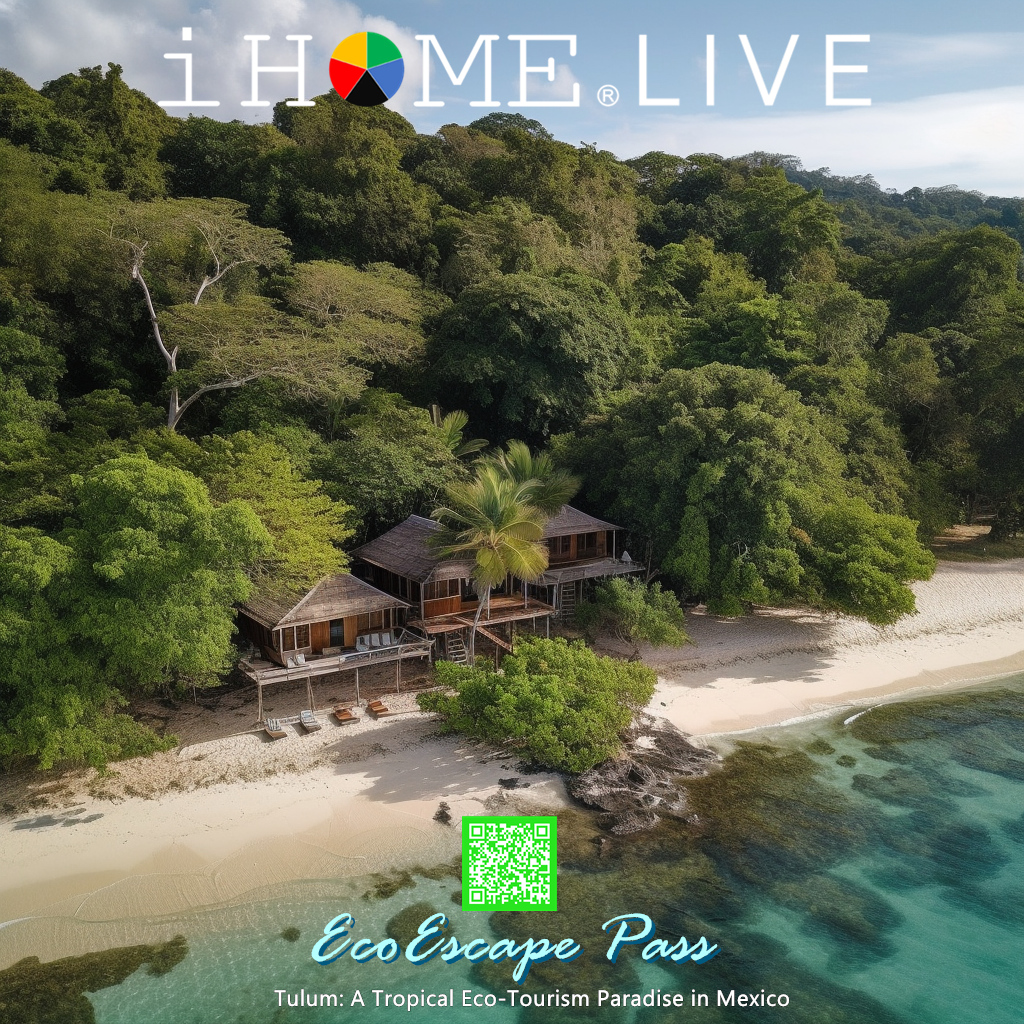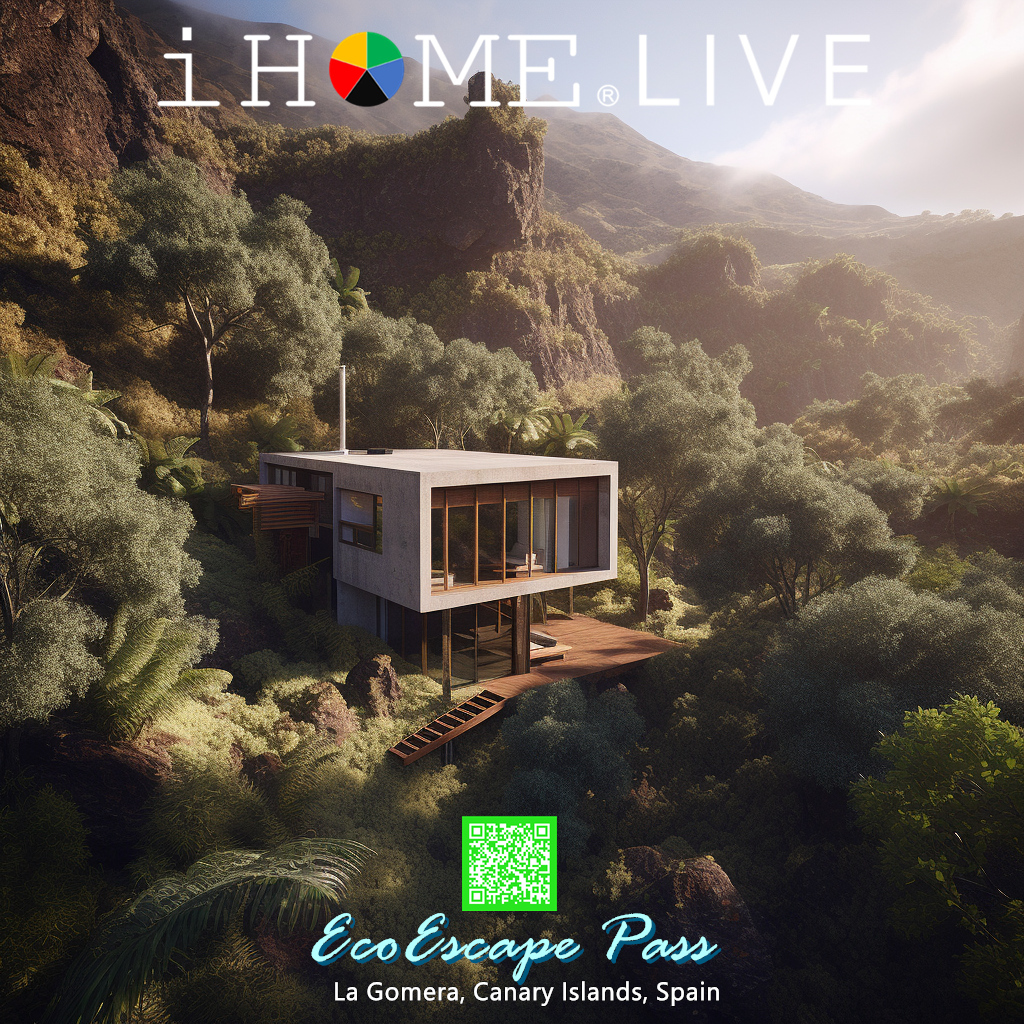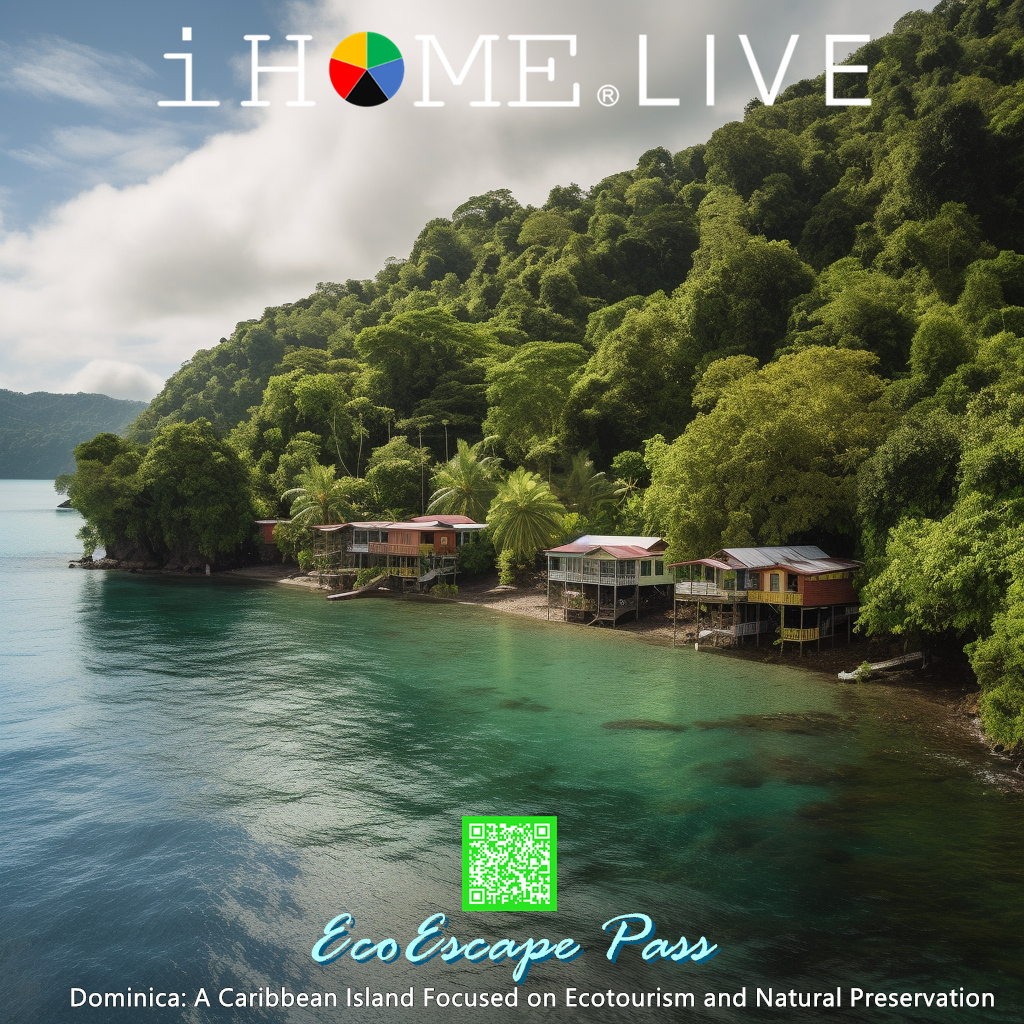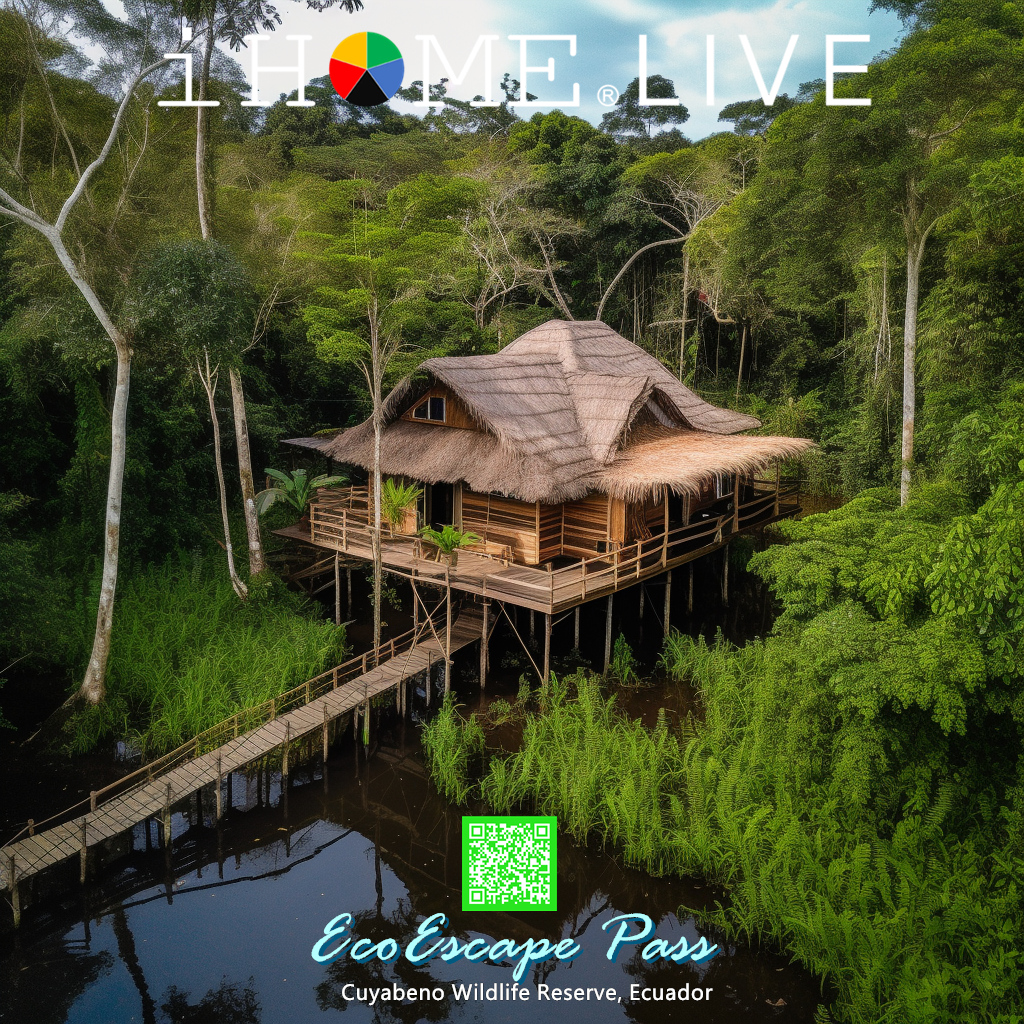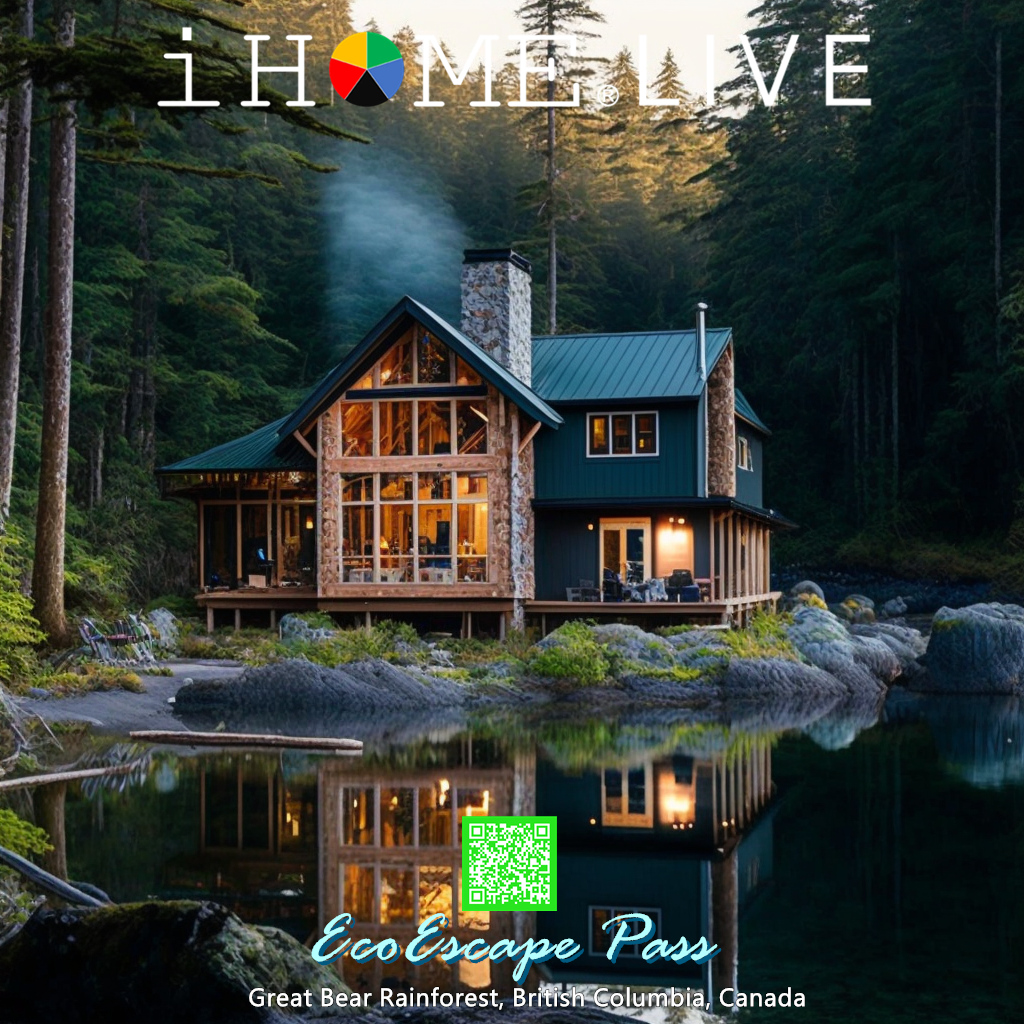Overview
Description:
Spain, a vibrant country on the Iberian Peninsula, is renowned for its rich cultural heritage, diverse landscapes, and strong commitment to sustainability. With its Mediterranean climate, beautiful beaches, and picturesque mountains, Spain offers a perfect blend of natural beauty and modern conveniences for eco-conscious retirees.
Eco Attractions:
- Sierra Nevada National Park: Famous for its stunning mountain scenery and biodiversity.
- Doñana National Park: A UNESCO World Heritage site known for wetlands, migratory birds, and conservation efforts.
- Green Cities: Barcelona and Madrid are leading in sustainable urban living and eco-friendly initiatives.
- Coastal Areas: Pristine beaches with numerous marine conservation projects and sustainable tourism.
Visa and Residency Options
Visa Requirements
Types of Visas:
- Tourist Visa: Allows stays up to 90 days within the Schengen Area.
- Non-Lucrative Visa: Ideal for retirees, allowing long-term stays without working.
- Golden Visa: For significant investors in Spanish real estate or businesses.
Application Process:
- Tourist Visa: Generally granted on arrival for most nationalities.
- Non-Lucrative Visa and Golden Visa: Apply through Spanish consulates or the Spanish Ministry of Foreign Affairs website.
- Documentation and Eligibility: Passport, proof of income, health insurance, and specific documents depending on the visa type.
Long-term Stay Permits
Extending Your Stay:
- Tourist Visa Extensions: Not typically allowed; must apply for a different visa for longer stays.
- Eco-volunteer Programs: Provide extended stay options through participation in conservation efforts.
Application Details:
- Non-Lucrative Visa: Requires proof of sufficient financial means and private health insurance.
- Golden Visa: Requires investment in property (minimum €500,000) or business.
Long-term Options:
- Retirement Visa (Non-Lucrative Visa): For retirees with stable income or pension.
- Golden Visa: For investors.
Residency Options
Paths to Residency:
- Temporary Residency: Renewable every year.
- Permanent Residency: Available after five years of temporary residency.
Residency Requirements:
- Temporary Residency: Proof of income, health insurance, and police clearance.
- Permanent Residency: Same requirements with additional residency duration proof.
Transitioning to Permanent Residency:
- Application Process: Submit through the Spanish Ministry of Foreign Affairs.
- Eligibility Criteria: Continuous temporary residency status and compliance with local laws.
Living Conditions
Cost of Living:
- Accommodation: €500-€1,200/month for rentals.
- Food: €200-€400/month.
- Transportation: €40-€60/month.
- Currency: Euro (€).
Infrastructure:
- Sustainable Housing: Widely available in urban and rural areas.
- Internet Reliability: Excellent in most regions.
- Healthcare Facilities: High-quality, affordable, with eco-friendly options emerging.
Additional Details:
- Banking: Straightforward process for opening accounts.
- Tax Obligations: Residents are subject to Spanish taxes.
- Business Registration: Encouraged, with incentives for sustainable enterprises.
Community and Networking
Community Overview:
- Eco-conscious Community: Active in urban and rural areas, especially in Andalusia and Catalonia.
- Expat Community: Significant presence in cities like Barcelona, Madrid, and Valencia.
Networking Opportunities:
- Community Events: Regular eco-fairs, sustainability workshops, and conservation meet-ups.
- Social Platforms: Facebook groups, local forums, and eco-travel websites.
Eco-Friendly Activities and Attractions
Nature Reserves and Parks:
- Sierra Nevada National Park: Offers hiking, skiing, and wildlife watching.
- Doñana National Park: Known for its birdwatching and wetland ecosystems.
- Picos de Europa National Park: Stunning mountain scenery and diverse flora and fauna.
Guided Tours:
- Eco-friendly Transport: Options include electric vehicles, biking, and community-based tourism.
Wildlife Watching:
- Doñana National Park: Renowned for birdwatching, particularly migratory species.
- Pyrenees: Home to brown bears, lynxes, and diverse bird species.
Outdoor Activities:
- Hiking, Bird Watching, Kayaking, Biking: Widely available with eco-friendly operators.
Eco-Lodging:
- Recommended Accommodations: Include sustainable hotels and eco-lodges in key areas.
Organic and Farm-to-Table Dining:
- Dining Options: Many restaurants emphasize organic and local produce.
Environmental Initiatives
Conservation Programs:
- Marine Conservation: Efforts along the Mediterranean coast and Canary Islands.
- National Park Protection: Programs to maintain and restore natural habitats.
Volunteer Opportunities:
- Wildlife Conservation: Numerous opportunities in national parks and coastal areas.
- Environmental Clean-up: Community-driven projects in urban and coastal areas.
Sustainable Living Workshops:
- Workshops and Courses: Offered on permaculture, sustainable farming, and eco-building.
Community Gardens and Urban Farming:
- Urban Projects: Growing trend in cities like Barcelona and Madrid.
Cultural Insights
Local Customs:
- Warm and Friendly: Spaniards are known for their hospitality.
- Respect for Siesta: Midday break is a cherished tradition.
Language Tips:
- Spanish: Primary language, basic phrases useful.
- Regional Languages: Catalan, Basque, and Galician are spoken in their respective regions.
Safety and Laws:
- Generally Safe: But usual precautions are advised.
- Environmental Laws: Strict regulations to protect natural areas.
Do’s and Don’ts:
- Do: Respect local customs and nature.
- Don’t: Engage in activities that harm the environment.
Summary
Pros:
- Diverse landscapes and rich cultural heritage.
- High-quality healthcare and infrastructure.
- Vibrant eco-conscious and expat communities.
Cons:
- Bureaucratic processes for visas and residency.
- Higher cost of living in major cities.
Key Reasons:
- Ideal for nature lovers and conservation enthusiasts.
- Numerous eco-friendly living options.
- Engaged community and ample volunteer opportunities.
Useful Contacts and Resources
Embassies and Consulates:
Local Government and Services:
Essential Services:
Emergency phone numbers:
- General Emergency: 112
- Police: 091
- Fire Department: 080
- Medical Emergency: 061
![Romania - Tiny house - [ Minimalist Retreats ] - Design Collectibles & Angel Membership (V1)](https://ihome.org/wp-content/uploads/2024/06/Slide19-300x300.jpg)



![Australia - Tiny house - [ Minimalist Retreats ] - Design Collectibles & Angel Membership (V1) (Copy)](https://ihome.org/wp-content/uploads/2024/06/Slide21-300x300.jpg)
